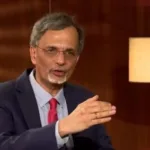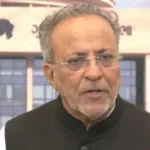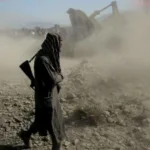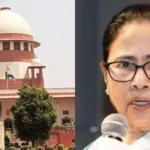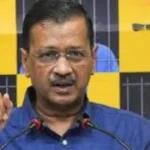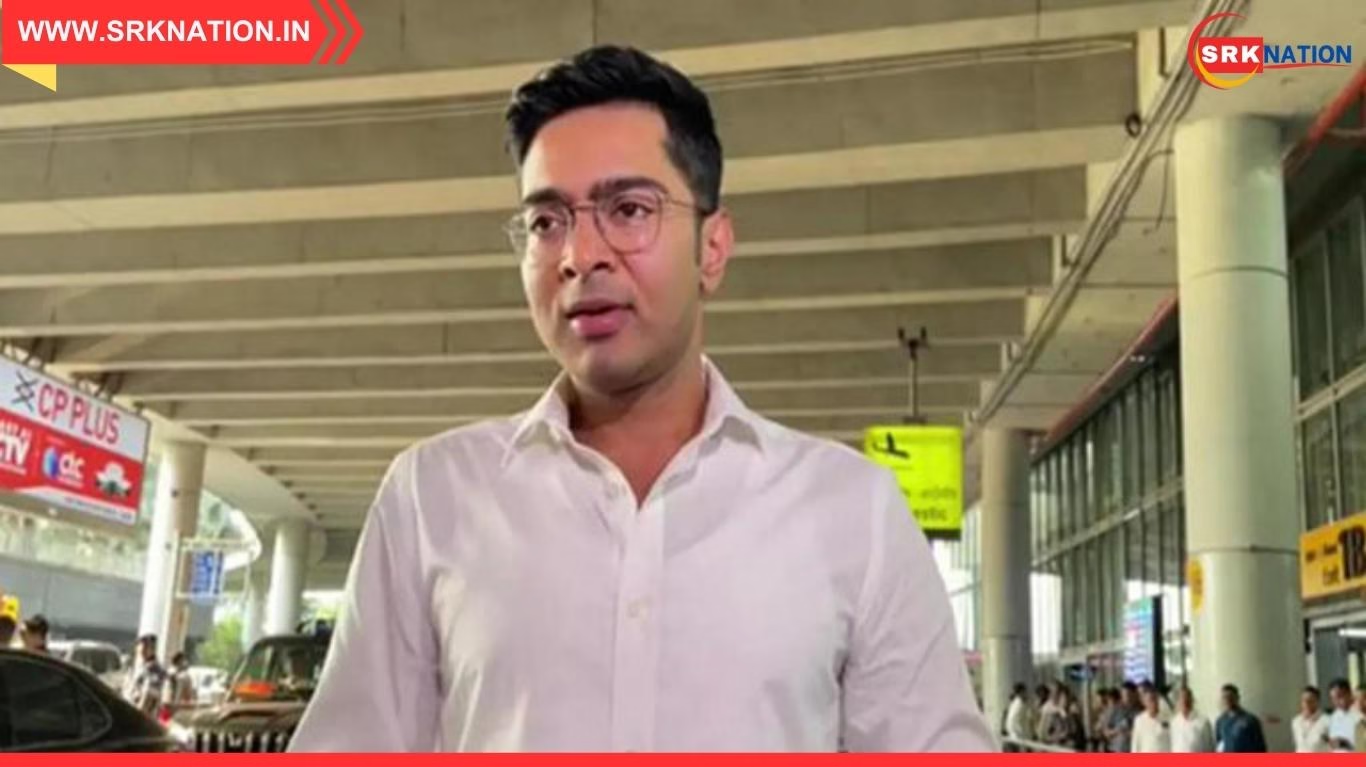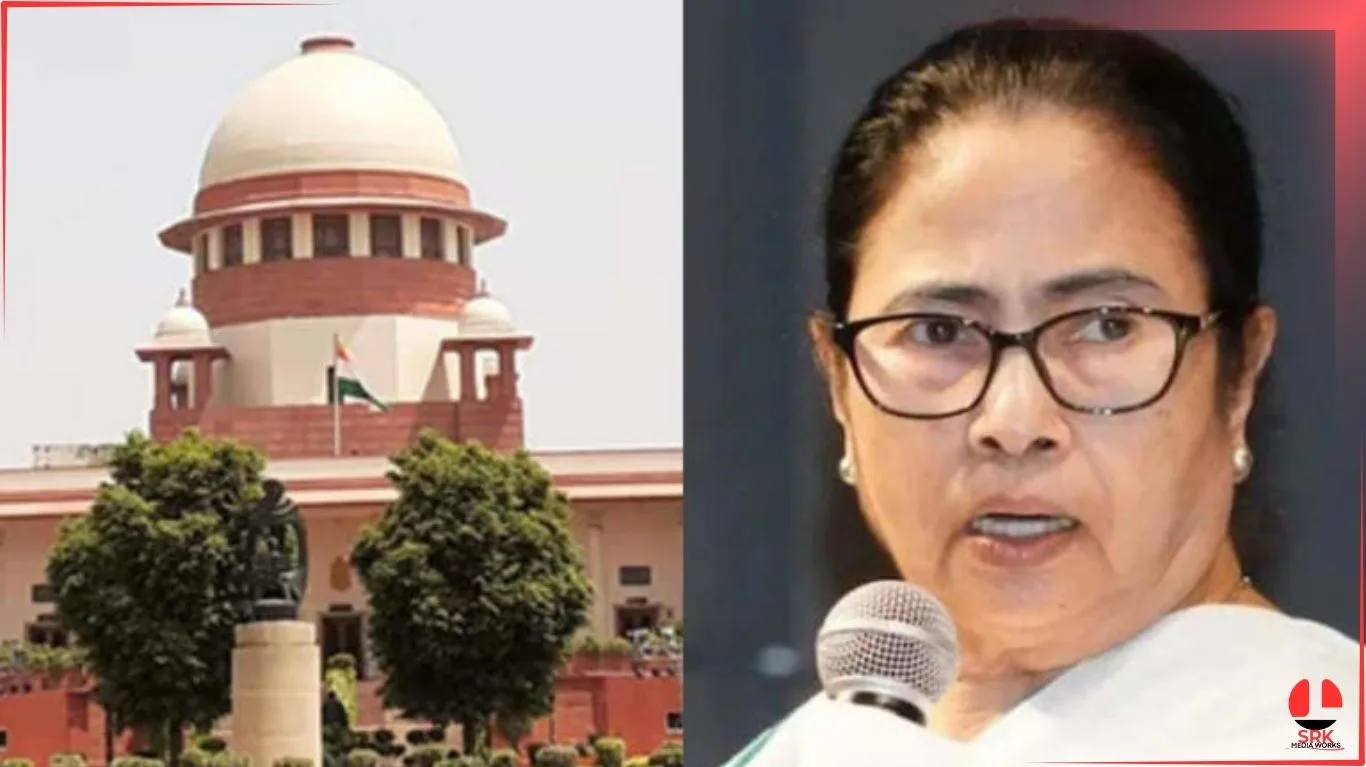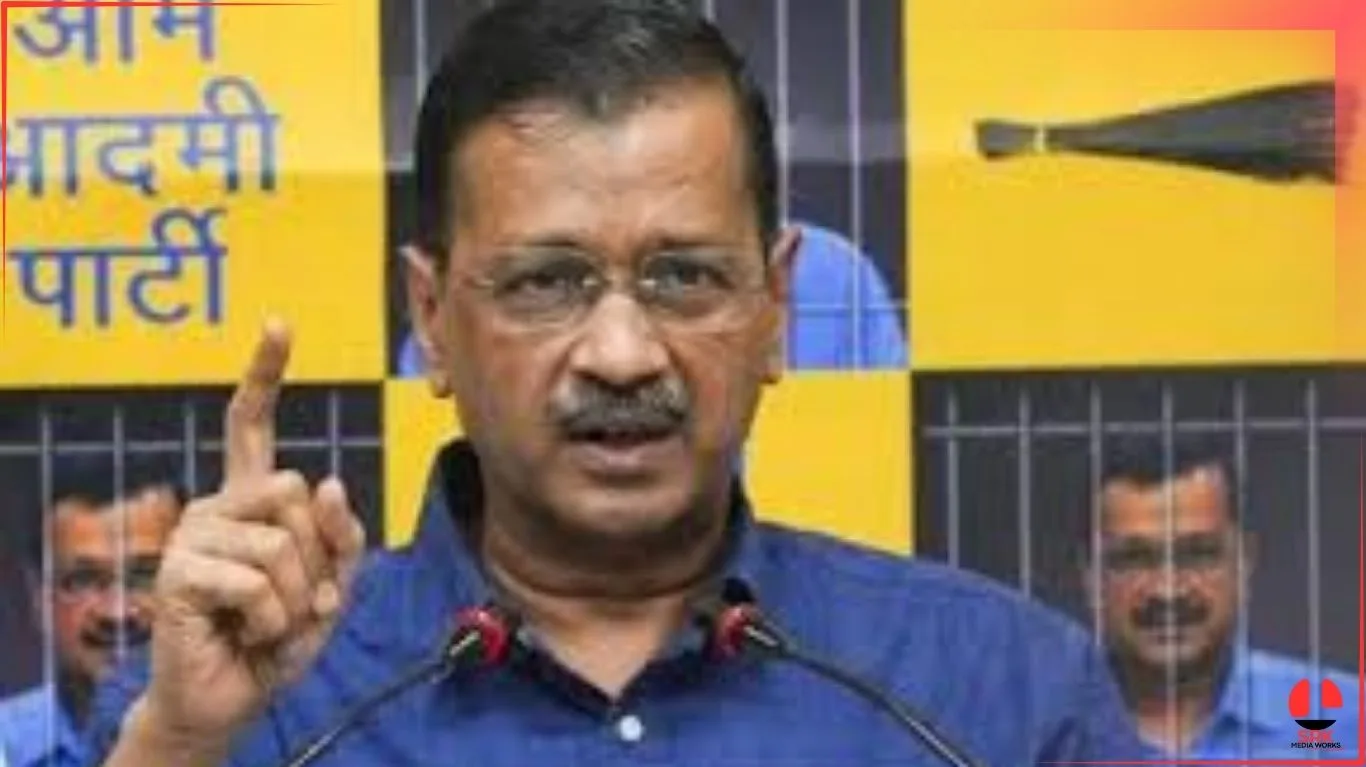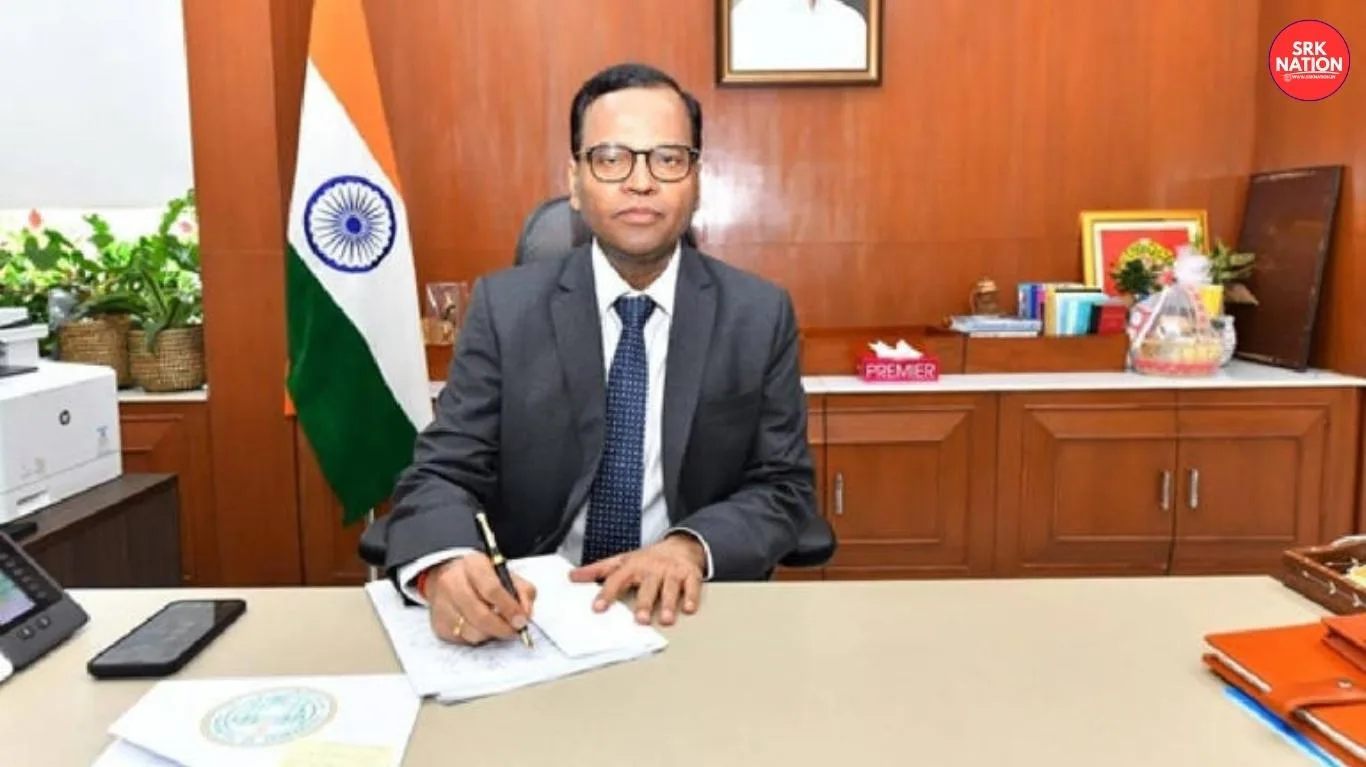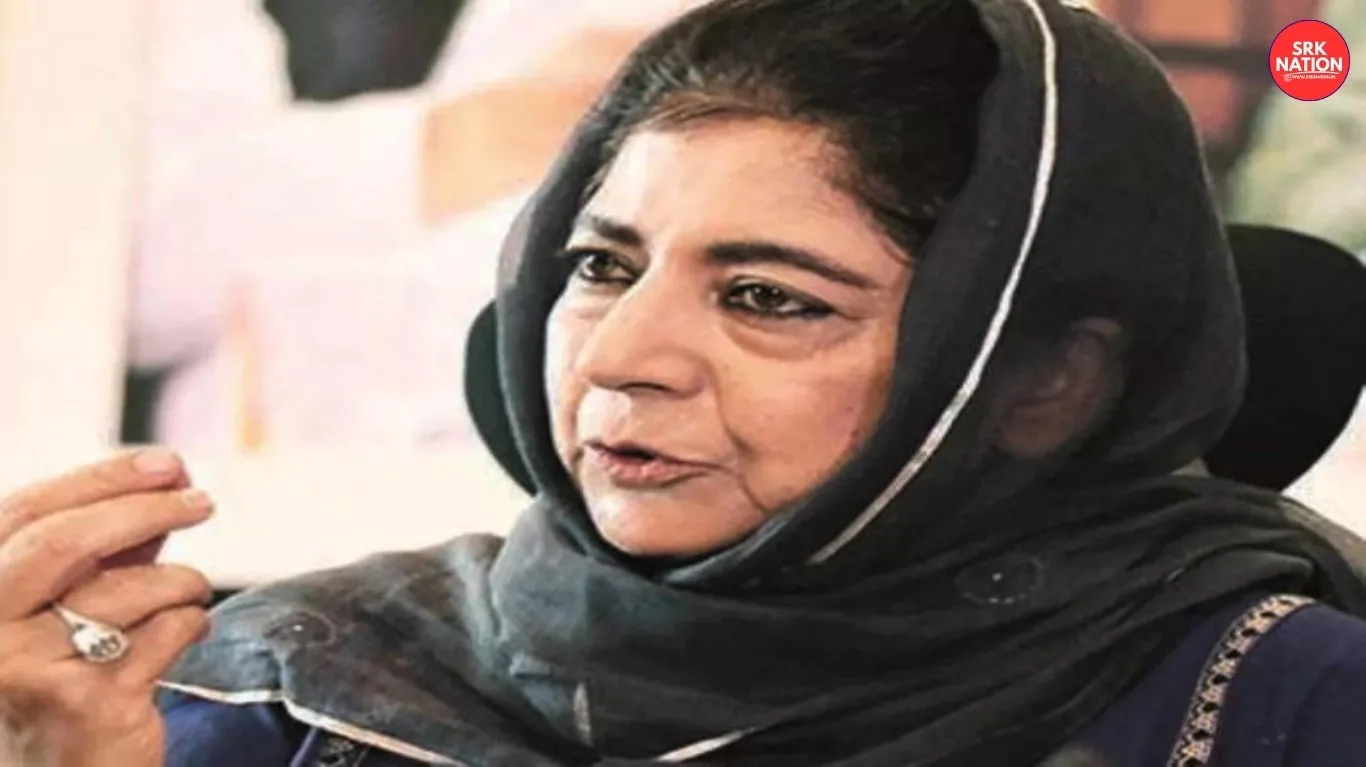Trinamool Congress (TMC) National General Secretary Abhishek Banerjee has launched a scathing attack on the Bharatiya Janata Party (BJP) and the Election Commission of India (ECI) over the recently announced Special Intensive Revision (SIR) of electoral rolls in West Bengal. Addressing a press conference at Trinamool Bhavan in Kolkata on October 28, 2025, Banerjee alleged that the SIR is a politically motivated exercise aimed at “selecting voters” rather than ensuring electoral transparency.
Banerjee dubbed the SIR as “Silent Invisible Rigging,” accusing the BJP of orchestrating the revision to exclude genuine voters and tilt the electoral balance in its favor ahead of the 2026 West Bengal Assembly elections. He warned of a “massive protest” if even a single legitimate voter is removed from the rolls.
What is the Special Intensive Revision (SIR)?
| Parameter | Details |
|---|---|
| Announced By | Election Commission of India |
| Implementation Period | November 4 to December 9, 2025 |
| Targeted States | 12 states including West Bengal |
| Objective | Update and verify electoral rolls |
| Controversy | Alleged political bias and voter exclusion |
The ECI has maintained that the SIR is a routine exercise to ensure accuracy in voter lists. However, the timing and selective implementation have raised eyebrows among opposition parties.
Abhishek Banerjee’s Key Allegations
| Allegation Area | Statement Summary |
|---|---|
| Political Motivation | SIR is a BJP-driven agenda to manipulate voters |
| Targeted Exclusion | Designed to remove names of opposition supporters |
| EC’s Role | Accused of acting under central government pressure |
| Threat of Protest | Warned of statewide agitation if voter names are deleted |
Banerjee stated, “Earlier, people used to elect the government. Now, this BJP government wants to select who will vote or not.”
TMC’s Demands and Action Plan
| Demand | Description |
|---|---|
| Halt SIR in Bengal | Until transparency and neutrality are ensured |
| All-Party Oversight | Inclusion of opposition in monitoring process |
| Voter Protection Mechanism | Safeguards to prevent deletion of genuine voters |
| Legal Recourse | Filing complaints with constitutional authorities |
TMC has also sought an audience with the Chief Election Commissioner to raise concerns formally.
BJP’s Response and Counterclaims
| BJP’s Stand | Rebuttal Summary |
|---|---|
| Routine Exercise | SIR is a standard electoral process |
| No Political Interference | Denied any role in EC’s decisions |
| TMC’s Fear Factor | Claimed TMC is nervous about losing ground |
| Demand for FIR | Called for legal action against Banerjee’s remarks |
BJP leaders have accused Banerjee of undermining democratic institutions and spreading misinformation.
Public and Political Reactions
| Stakeholder | Reaction Summary |
|---|---|
| Civil Society Groups | Called for transparency and voter education |
| Opposition Parties | Supported TMC’s concerns, demanded EC explanation |
| Legal Experts | Emphasized need for procedural fairness |
| Voters in Bengal | Expressed confusion and concern over SIR process |
The issue has sparked widespread debate on electoral integrity and the role of constitutional bodies in a politically charged environment.
Historical Context: Voter List Controversies in Bengal
| Year | Incident Description | Outcome |
|---|---|---|
| 2019 | Allegations of voter suppression during Lok Sabha polls | EC dismissed claims after internal review |
| 2021 | TMC accused BJP of manipulating postal ballots | No conclusive evidence found |
| 2024 | Minor discrepancies in urban voter rolls | Corrected during summary revision |
The current SIR controversy adds to a series of electoral disputes in the state, highlighting the need for robust oversight mechanisms.
Legal and Constitutional Implications
| Legal Provision | Relevance to SIR and Voter Rights |
|---|---|
| Article 324 | Empowers EC to conduct free and fair elections |
| Representation of People Act | Governs voter registration and roll revisions |
| Right to Vote | Fundamental to democratic participation |
| Judicial Review | Courts can intervene in case of procedural lapses |
TMC has hinted at approaching the judiciary if the EC fails to address their concerns adequately.
Conclusion
Abhishek Banerjee’s fierce criticism of the Special Intensive Revision process has ignited a political storm in West Bengal. As the state prepares for the 2026 Assembly elections, the battle over voter lists is shaping up to be a defining issue. With both the TMC and BJP digging in their heels, the coming weeks are likely to witness heightened political activity, legal challenges, and public mobilization. At the heart of the matter lies a fundamental question: who gets to vote, and who decides?
Disclaimer: This article is based on publicly available news reports and official statements. It does not constitute legal or political advice. All views expressed are for informational purposes only.

